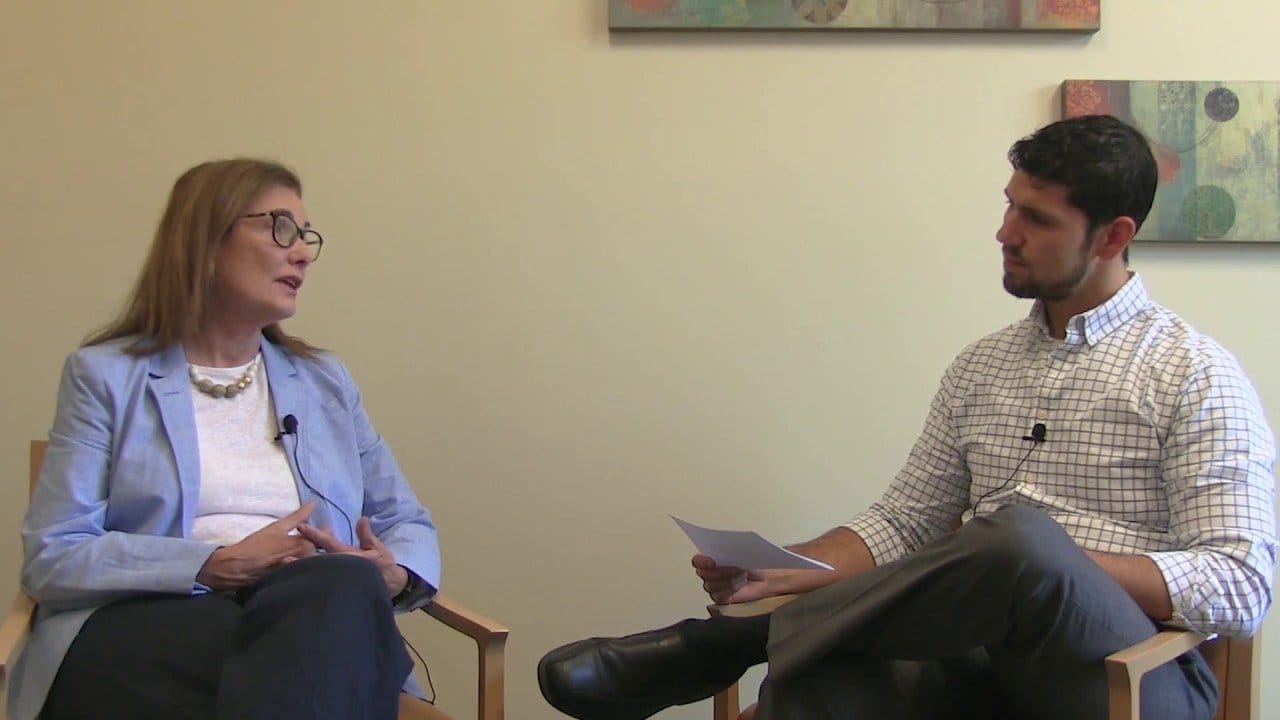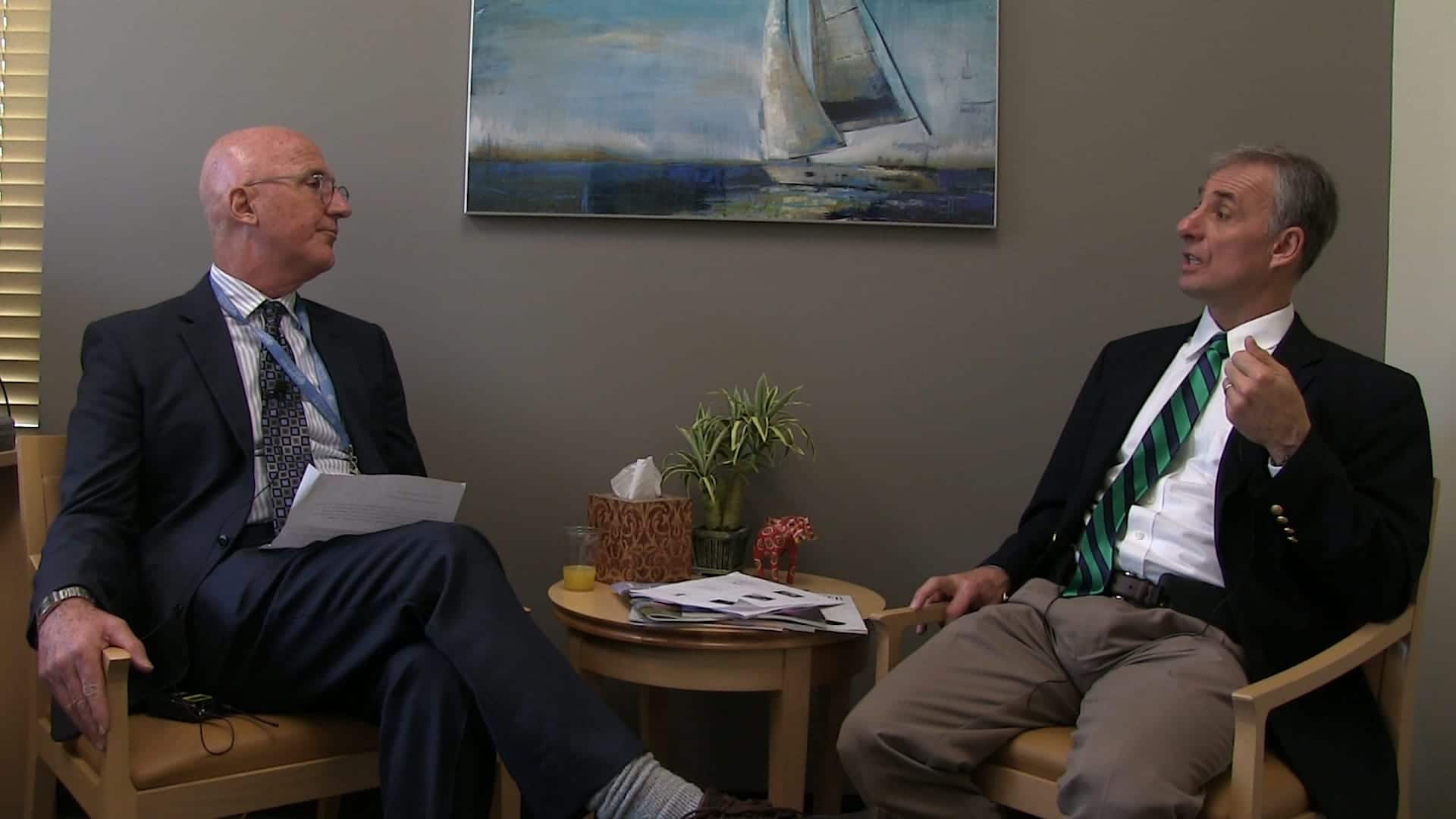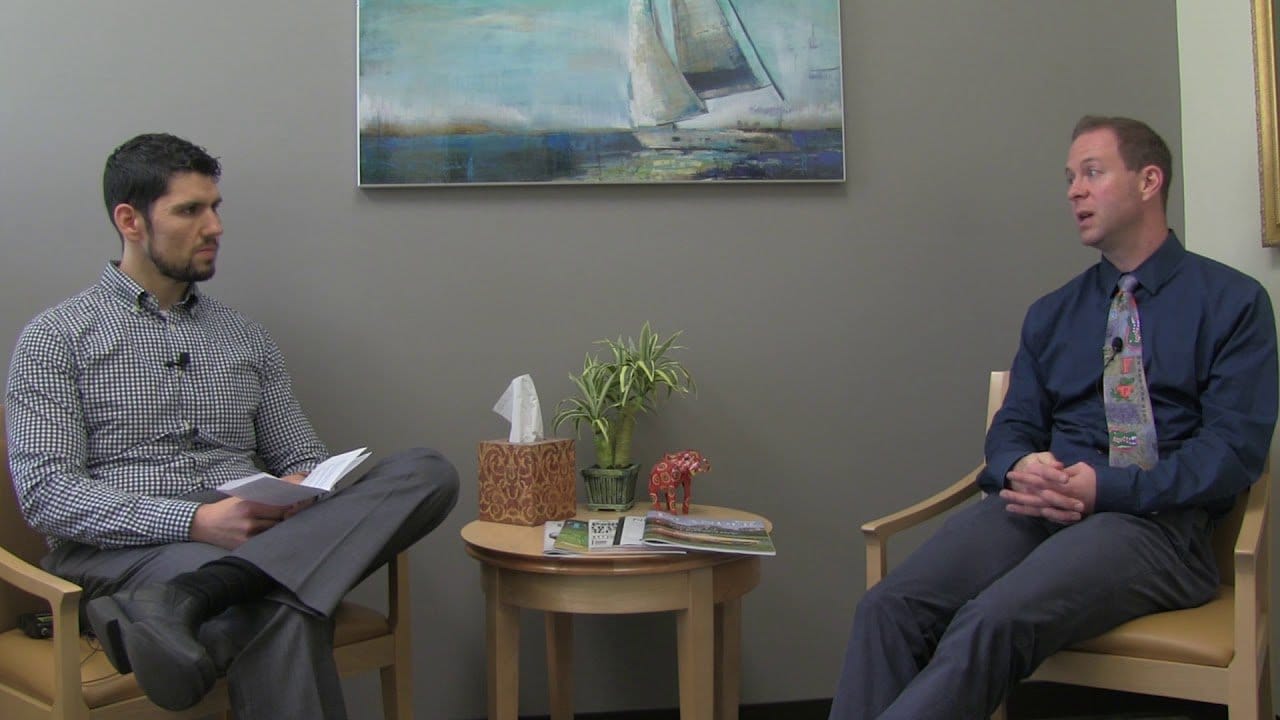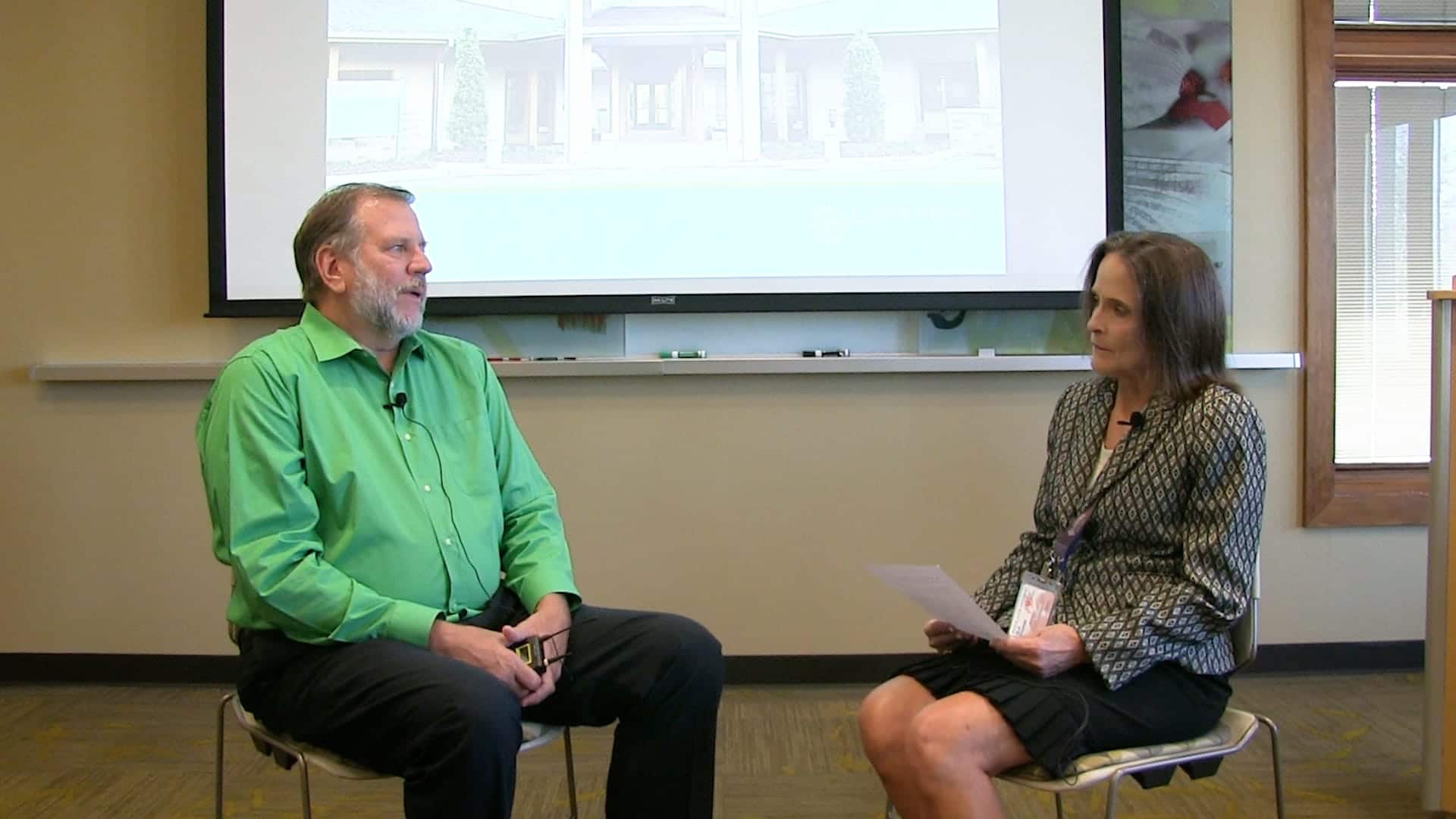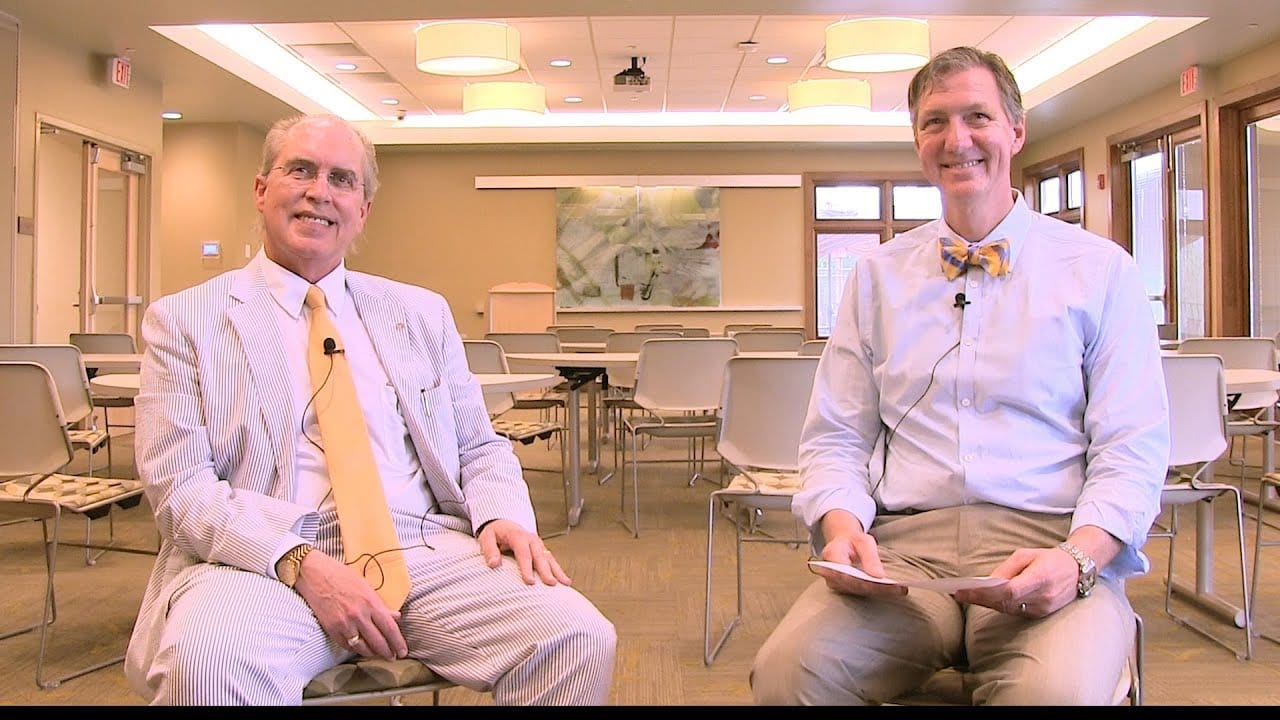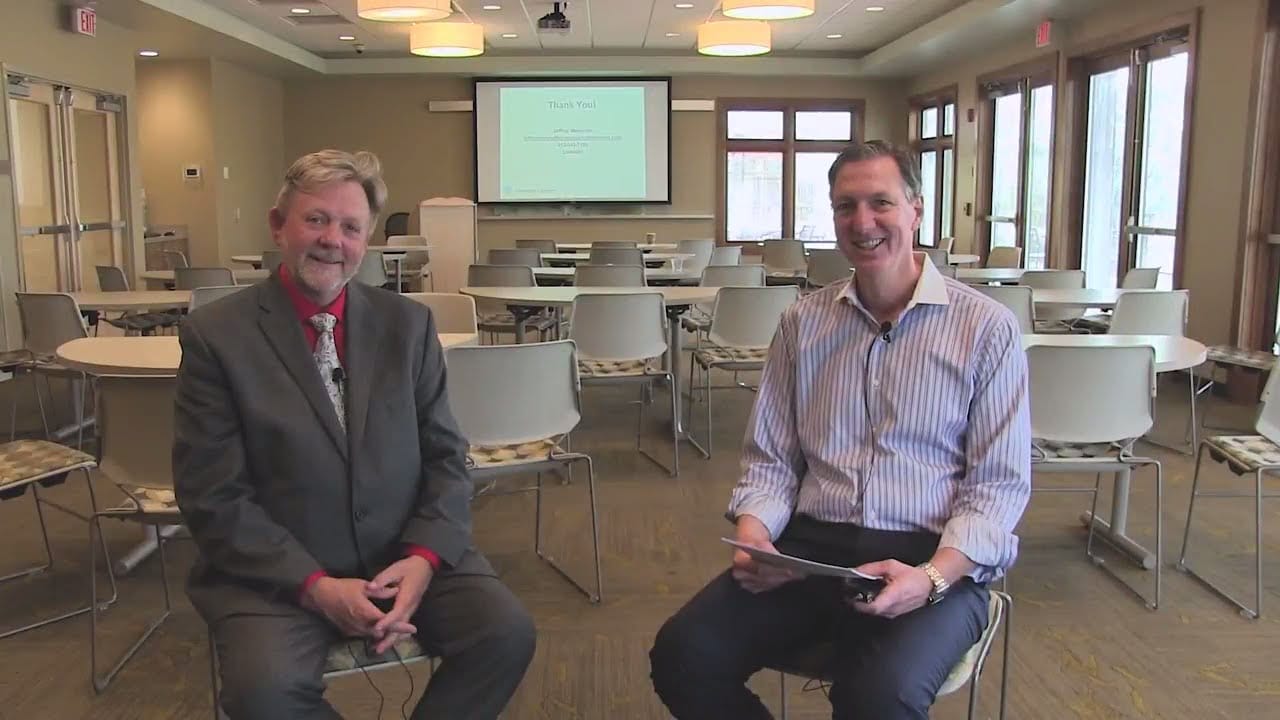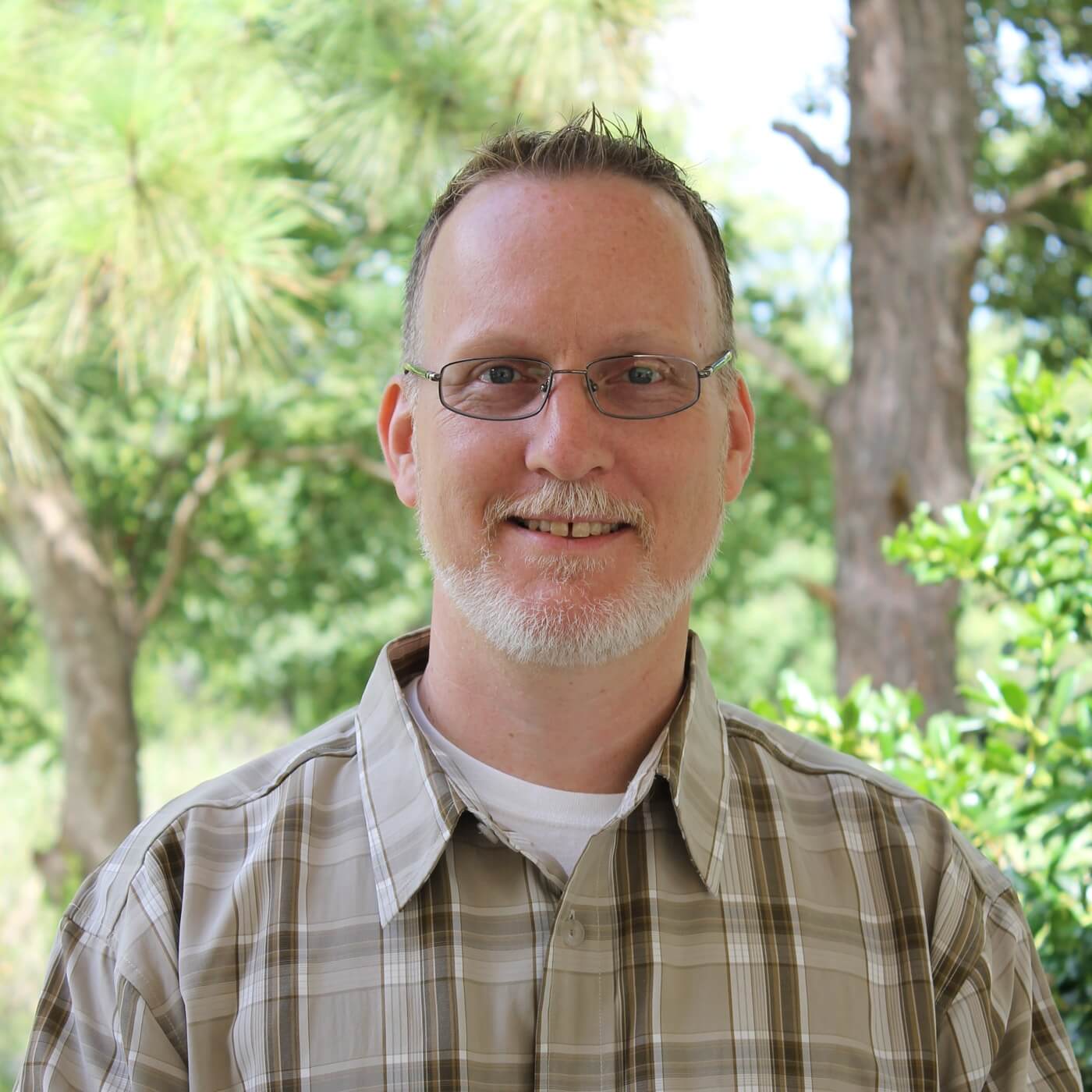

By: Lakeview Health
This podcast focuses on David Kelly, who is director of patient support services for Lakeview Health. In this role, David is charged with leading the mental health technicians, who are the ‘boots on the ground’ of patient care. By coaching, mentoring and teaching MHTs, David builds them up so they can provide good models for patients to follow.
Podcast Transcript
Gina Thorne: Hello everyone, this is Gina Thorne and I’m here again with the Lakeview podcast series. Today, I’m joined with David Kelly, director of patient support services for Lakeview. We’re here today to talk with David a little bit about his position and his leadership role in supporting our mental health technicians here at Lakeview. Gina: So, welcome, David. David Kelly: Thank you very much, Gina. Gina: We’re really excited to hear about your background. So tell us little about yourself and how you got engaged with patient support. David: Alright, awesome. Well, I have always worked in the hospitality management field and I worked with a banquet manager, a director of catering and then a restaurant manager for many, many years. So it was always tended towards the customer service aspect but, often times with not that great of feeling of results. Then, when I was educated in the area of addiction and saw the opportunities that I could use these skills set with this type of clientele, which would make life-changing choices and help them to do so in an environment that would be more conducive to them. I thought they were just a natural coupling of the two. So that’s what kind of got me here, where I’m at today. Gina: Good, and how would you describe your role here as a director? David: I provide direct supervision for the mental health technicians. While I’m also coaching, mentoring and teaching them on some of the aspects of customer service style redirection, while realizing we do have clients that are, you know, not so much in favor of those type of redirecting skills. Gina: Would you say then the role of the MHT is an important role here in the addiction treatment community? David: Oh yes, most definitely. Gina: And so, why is that? David: Well the MHTs actually have a very boots on the ground approach to our patients. I mean, they get to start forming bonds with them from the minute they come in the door, brand new patient, apprehensive about coming in. They’re in there with the intake process, get to help them through those aspects of it. Then they get to escort them throughout their programming day, as well as offsite to life skill outings and to outside meetings. And then, along the way, this helps the patient integrate back into what might a home-style life setting might be. And they get to have opportunities to hopefully pick up some tools out of the toolbox when they have the external triggers, and if not then the MHTs are there to help redirect them in a positive way. So they can process it when they get back here to the facility. And having all these opportunities with our patients along the way, they a lot of times, the MHYs have more opportunity and influence with the patient because they don’t have the walls they might or may have not created with the authoritative figure such as the therapist or doctor as such. So it’s really a unique opportunity for them and they often times don’t see the gravity that they have on the impact of our patients and the change in their lives. Gina: So, they really do provide sort of the structure, they help provide structure for the patients, which, of course, we all know within this field of addiction is so necessary for folks in early recovery. David: Yes, most definitely, most definitely. Gina: That’s great, so Lakeview has recently embraced a new servant leadership model and a member of the leadership team how do you feel this new style assists you in leading the MHTs? David: Well, actually I think it takes a very diverse group of individuals to come out with the desire to outcome to the best of our abilities. And in that, I mean I actually, this is part of my core beliefs, actually, is you know servant-style leadership model just from my own personal faith. So integrating it was not a problem at all. I actually embraced it, was thoroughly excited, because you don’t see that too much in the workplace, or in any field. And then getting to do so, I mean, it is proven time and time again with my team here at Lakeview that when I have built them up, mentored, coached them, trained them and invested time in them that they in turn are happy, they’re content, and then that is a model for them to use for our patients. So I try to really treat them the way we want our patients treated as well and it just all just flows downhill. Gina: It does and we find that the patients are much more relaxed and less stressed and obviously they feel like they are in a healthy supportive environment which makes a huge difference. Gina: You’ve been with Lakeview for over five years now, is that correct? David: Well, actually I’m approaching four. Gina: Four years, OK. And there’s been some pretty substantial changes to Lakeview over the last year in particular with our new leadership coming in. How do you feel that the changes influence our quality of care for patients and families? David: Oh I think it’s changed a lot. I mean, I’m very excited about the changes and the direction the company is going. It’s almost surreal. It’s really its awesome and as it goes forward the leadership from our CEO and CFO and how they are addressing us as leadership with the company and then in turn encouraging us to do so with our employees and creating opportunities along the way for our employees. It’s so more employee-driven to where mentoring, coaching training and creating even job positions that make the right choice for our patients is just such a new part of the culture that it’s just an awesome opportunity for anyone in this field, but especially to be at this point with our company and this point in our growth. And I think that then once again it just falls right down to, you know, better patient care because we’re rolling everything down that we are doing to our employees on to our patients as well, using the same techniques and the same methods and getting them to relate to our families as well because we are giving a lot more opportunities for them to be engaged in the program, as well. Gina: Yeah, I agree with that. So Lakeview has adopted a new tag line “Finding Your True North.” As a member of the Lakeview leadership team, what does that mean to you? David: Um, well to me once again it allows anyone of any faith or belief or any walk of life to be able to have that true north, to find their own so we embrace diversity, at the same time we have our core values. You know, helping our patients to find their true north and to find their direction, whichever way they choose it to be is you know is just very self-rewarding. As employees here as well as I think it shows true with returning patients, you know the alumni vets and things like that. Gina: Well, we’re very excited about having you as part of the leadership team because it seems to blend beautifully with where we’re going with the organization as a whole. We certainly feel like the role of the MHT is a valuable asset to the patient community and helping patients stay sober. If there was one thing you could tell families or patients about Lakeview what would that be? David: I believe that it would be we truly act out of compassion for the individual, for whom they are, not what they’re doing or saying in front of us and realizing that it is the disease that’s causing them to do this and we just want to help to provide a safe, structured environment for them to recover in. Gina: That’s wonderful. Thank you, David, it’s been a pleasure talking with you. David: Thank you, Gina Gina: For those of you interested in learning more about Lakeview, we encourage you to visit us at lakeviewhealth.multiplica.dev, again lakeviewhealth.multiplica.dev. Thank you.
